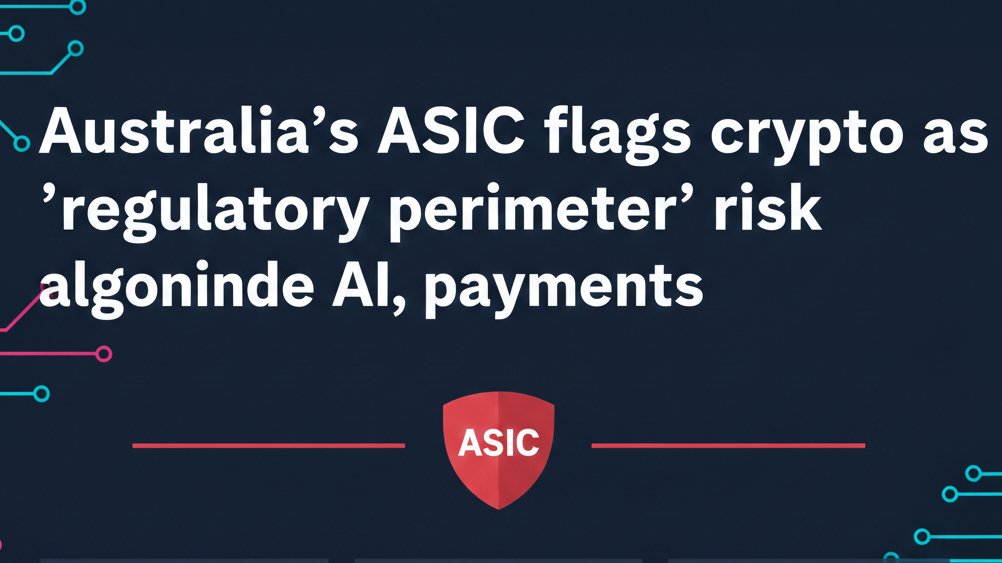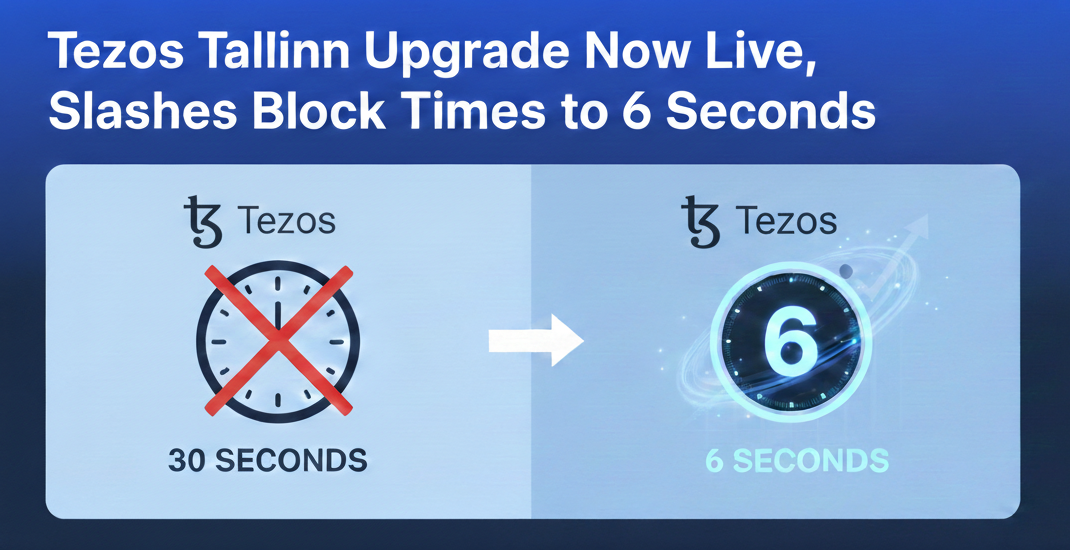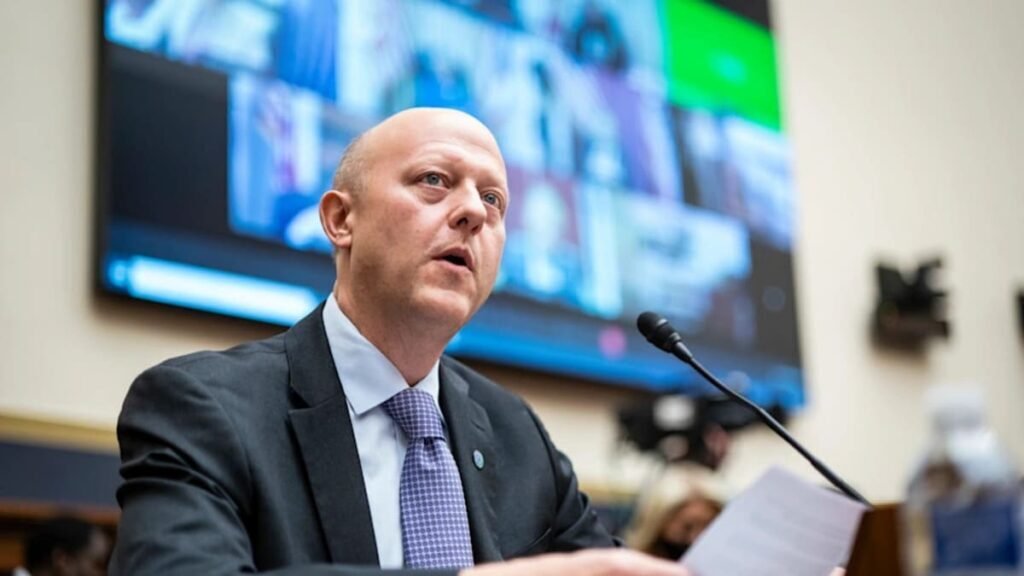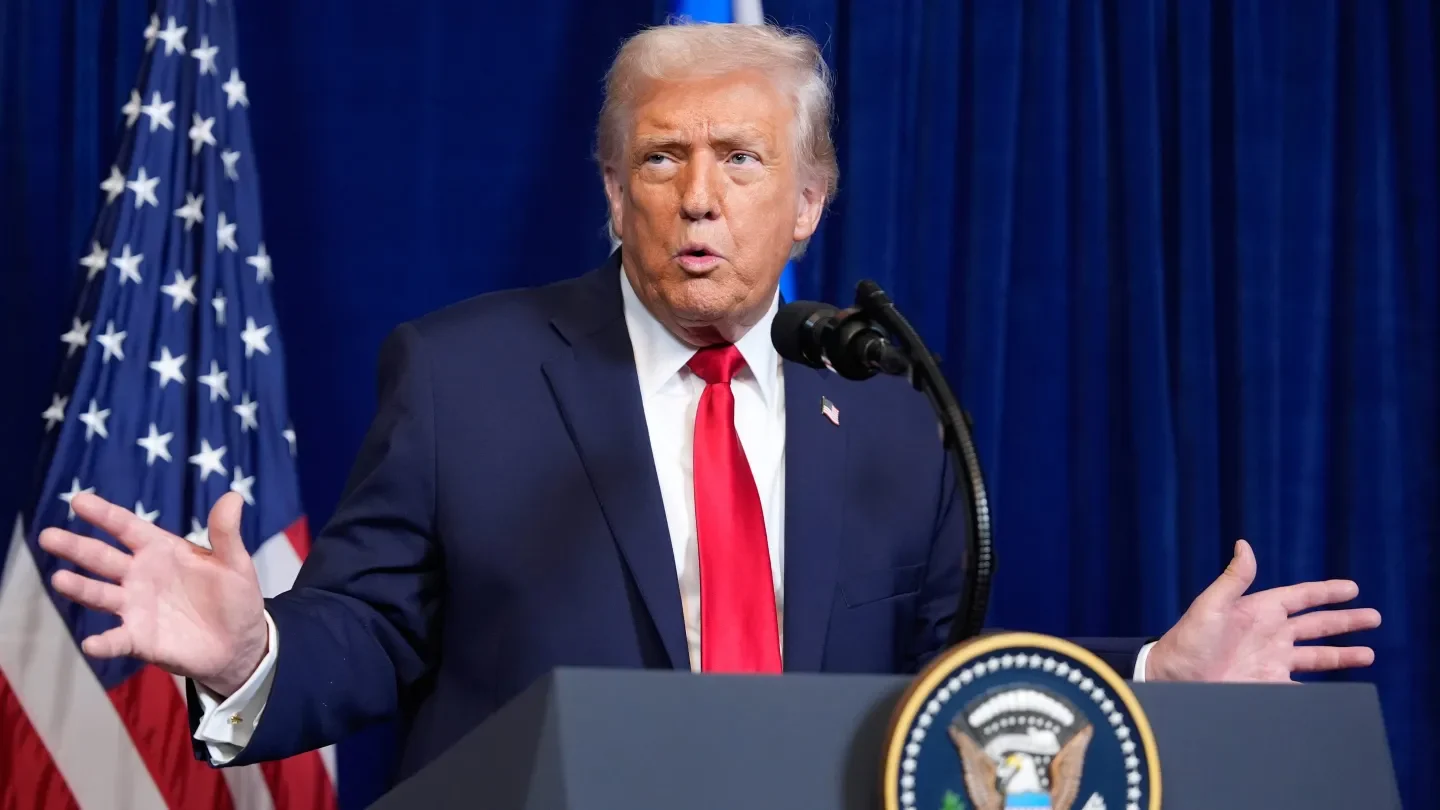Hong Kong Launches 6-Month Transition for New Stablecoin Regulations

In a pivotal move for Asia’s digital asset industry, the Hong Kong Monetary Authority (HKMA) will begin enforcing its much-anticipated stablecoin regulatory framework this Friday. The regulatory rollout kicks off with a six-month transition period, ushering in temporary licenses and stricter compliance measures for stablecoin issuers. This phased approach underscores Hong Kong’s effort to balance financial innovation with robust consumer protection in the rapidly expanding crypto sector.
Six-Month Transition Period Sets the Stage for Compliance
The new regulations, announced this week by the HKMA, introduce a dual-track transition strategy. All companies seeking to issue Hong Kong-linked stablecoins must apply for a temporary license and demonstrate compliance with the framework’s rigorous standards. According to local reports, issuers failing to achieve compliance within three months must initiate a wind-down of operations within the following four months. Entities deemed incapable of meeting the new guidelines will be required to shut down within one month of notification from regulators.
- Temporary Licenses: Offer a grace period for qualified stablecoin issuers to continue operations while finalizing their compliance plans.
- Strict Deadlines: Firms that cannot comply swiftly face forced exits, reinforcing Hong Kong’s position as a tightly regulated global financial center.
- Limited First-Round Approvals: The HKMA will grant only a small, undisclosed number of initial licenses and will not disclose applicant names to the public.
Key Features of Hong Kong’s New Stablecoin Regulatory Framework
Hong Kong’s regulatory regime is designed to boost market confidence and attract high-quality stablecoin projects while weeding out bad actors and unlicensed issuers. Core requirements include:
- Full Asset Backing: Stablecoins must be fully collateralized with high-quality, highly liquid reserves.
- Fast Redemption: All redemption requests must be processed within one business day.
- Local Presence: Issuers are required to maintain a physical base in Hong Kong and demonstrate sufficient financial strength.
- Comprehensive KYC and AML: Know Your Customer procedures, wallet ownership verification, ongoing transaction monitoring, and blacklisting of high-risk wallets are mandatory.
Strict enforcement powers mean the HKMA can investigate noncompliance, issue fines, suspend or revoke licenses, and refer serious offenses to law enforcement. These measures coincide with Hong Kong’s broader plan to criminalize the promotion of unlicensed stablecoins starting August 1, with hefty fines and potential jail sentences for violators.
Growing Competition: Who’s Racing for a Stablecoin License?
The race to secure a coveted Hong Kong stablecoin license has attracted interest from major players in tech and finance:
- JD.com: China’s e-commerce titan has registered entities believed to be linked to a stablecoin rollout, joining Hong Kong’s stablecoin sandbox initiative.
- Ant International: The operator of Alipay is reportedly seeking stablecoin licenses in both Hong Kong and Singapore to leverage its global reach of 1.3 billion users.
- Standard Chartered, Animoca Brands & HKT: Formed a joint venture to launch an HKD-backed stablecoin, aiming to build confidence and adoption in the digital payments ecosystem.
What the Stablecoin Regulations Mean for Hong Kong and Global Crypto
Hong Kong’s stablecoin licensing regime positions the city as a leading regulatory hub for compliant digital finance innovation. By demanding asset transparency, operational resilience, and enhanced consumer protections, the new rules are expected to:
- Attract institutional stablecoin issuers looking for clear, robust regulatory guidance.
- Bolster the credibility and growth of Hong Kong’s digital asset sector.
- Provide retail and business users with safer, faster access to stablecoins for cross-border payments and remittances.
The Road Ahead
As Hong Kong’s stablecoin regulations take effect, companies that adapt quickly and prioritize compliance will become early leaders in a lucrative Asian market hub. Meanwhile, Hong Kong’s proactive, phased approach is likely to serve as a model for other jurisdictions aiming to balance crypto innovation with regulatory oversight.
Hong Kong’s transition period marks a new chapter in global crypto regulation and sets a precedent for responsible stablecoin growth in one of the world’s most influential financial centers.







